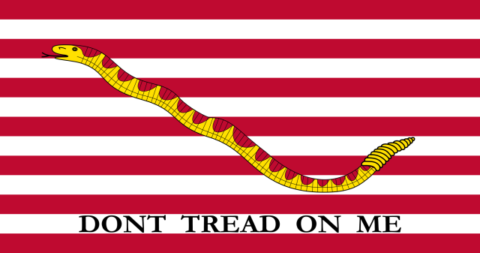Podcast: Play in new window | Download
Subscribe: RSS

No, see, this isn’t right. In the movie, the main characters such as Roger Rabbit were animated fictions, and the rest of the world was real. Now it’s the other way around. (Photo by jbhthescots/Flickr)
A generation ago, a film titled Who Framed Roger Rabbit attracted a lot of attention for portraying cartoon characters playing out their roles in the real world. Now, something more sinister has happened; more and more of us are feeling like human beings living out our lives trapped in a cartoon. Reality seems to have been drained from the world around us, leaving us the only creatures left who are three-dimensional, and bleed.
Everywhere we look, imaginary animation is replacing reality. On our screens, people demonstrate their prevailing mood by leaping and dancing and shrieking with laughter and grinning idiotically — and this is because they got new dishes. Why do you and I never feel or act like that? Because we are real, not the product of sophomoric animators. Continue reading
 America is in the depths of the greatest depression in its history. You might assume I’m speaking of economics but I’m not — I am speaking of the mental health of our people and our society. We like to think and talk about ourselves as the richest country in the world — we are not — the smartest people in the room — we’re demonstrably not — with the best health care system in the world — far from it — and the highest standard of living ever — wrong again. Objectively, the word that best describes the condition that most of us are in most of the time is despair.
America is in the depths of the greatest depression in its history. You might assume I’m speaking of economics but I’m not — I am speaking of the mental health of our people and our society. We like to think and talk about ourselves as the richest country in the world — we are not — the smartest people in the room — we’re demonstrably not — with the best health care system in the world — far from it — and the highest standard of living ever — wrong again. Objectively, the word that best describes the condition that most of us are in most of the time is despair.
 Like all the new updates offered constantly for all the machinery of life, it seemed at first like such a good idea: using the technology of “smart” phones to provide an instant, universal warning of impending nuclear attack. What a great idea! A lifesaver, as long as you make several unwarranted assumptions about the size and target of the nuclear strike, and ignore all the questions that arise, such as what do people actually do when they’re been warned, and if you save their lives just so they can crawl out of a shelter onto a radioactive rubble heap, what have you accomplished? Never mind. Great idea.
Like all the new updates offered constantly for all the machinery of life, it seemed at first like such a good idea: using the technology of “smart” phones to provide an instant, universal warning of impending nuclear attack. What a great idea! A lifesaver, as long as you make several unwarranted assumptions about the size and target of the nuclear strike, and ignore all the questions that arise, such as what do people actually do when they’re been warned, and if you save their lives just so they can crawl out of a shelter onto a radioactive rubble heap, what have you accomplished? Never mind. Great idea.




